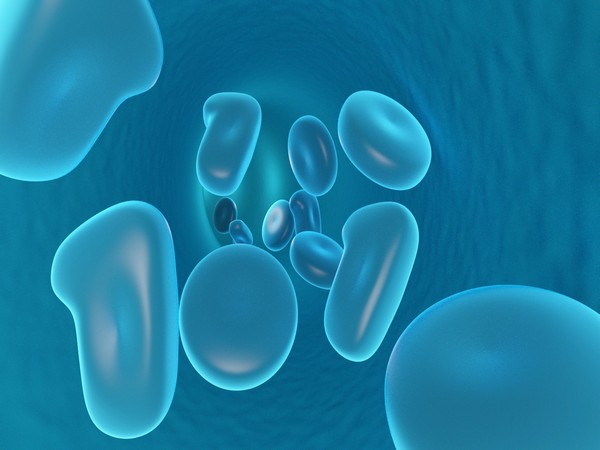

Shortly after infection, patients infected with SARS-CoV-2 develop protective immune responses mediated by virus-specific T cells and antibodies. However, there is concern that immunity does not last, which could result in severe COVID-19 infection upon re-infection.
Anna Martner and co-authors from the University of Gothenburg report two major findings in the July 12 issue of Proceedings of the National Academy of Sciences (PNAS). First, several virus-specific T cell variants were detected in blood shortly after COVID-19 but then vanished after 10-12 weeks.
However, a subset of highly specialised T cells, which are designed to help eliminate infected cells, remained active in the blood of all previously SARS-CoV-2-infected patients. Even after a long period of observation, these T cells did not disappear or wane.
The findings could explain why patients who have been re-infected with SARS-CoV-2 have a lower risk of severe disease and death.
Researchers from the University of Gothenburg and Sahlgrenska University Hospital collected 81 blood samples from hospital staff members who had mild COVID-19 in the first year of the pandemic, as well as uninfected controls. T cell reactivity to an inner part of SARS-CoV-2 (the virus nucleocapsid) was studied, capturing T cell responses that only occur after a natural infection.
More than 100 peptides from the nucleocapsid portion of the SARS-CoV-2 virus were administered to the blood samples. The researchers then looked at which T cell mediators (cytokines) were produced by blood cells to see how long T cell reactivity lasted after infection.
It was observed that a subgroup of specialized T cells (Th1 cells) that promote the destruction of virus-infected cells were active for at least 20 months after natural COVID-19. The infected patients also harboured several other types of T cells that reacted with SARS-CoV-2. These latter T cells disappeared from blood approximately 2 months after recovery from infection.
“While certain subsets of T cells disappear shortly after an infection, highly specialized T cells (T helper 1 cells) remain stably present in the blood to suggest that a vital aspect of protective immunity is functional years after COVID-19,” says Anna Martner, Associate Professor of Immunology at the Sahlgrenska Academy. These results may explain why re-infection with SARS-CoV-2 only rarely translates into severe COVID-19.